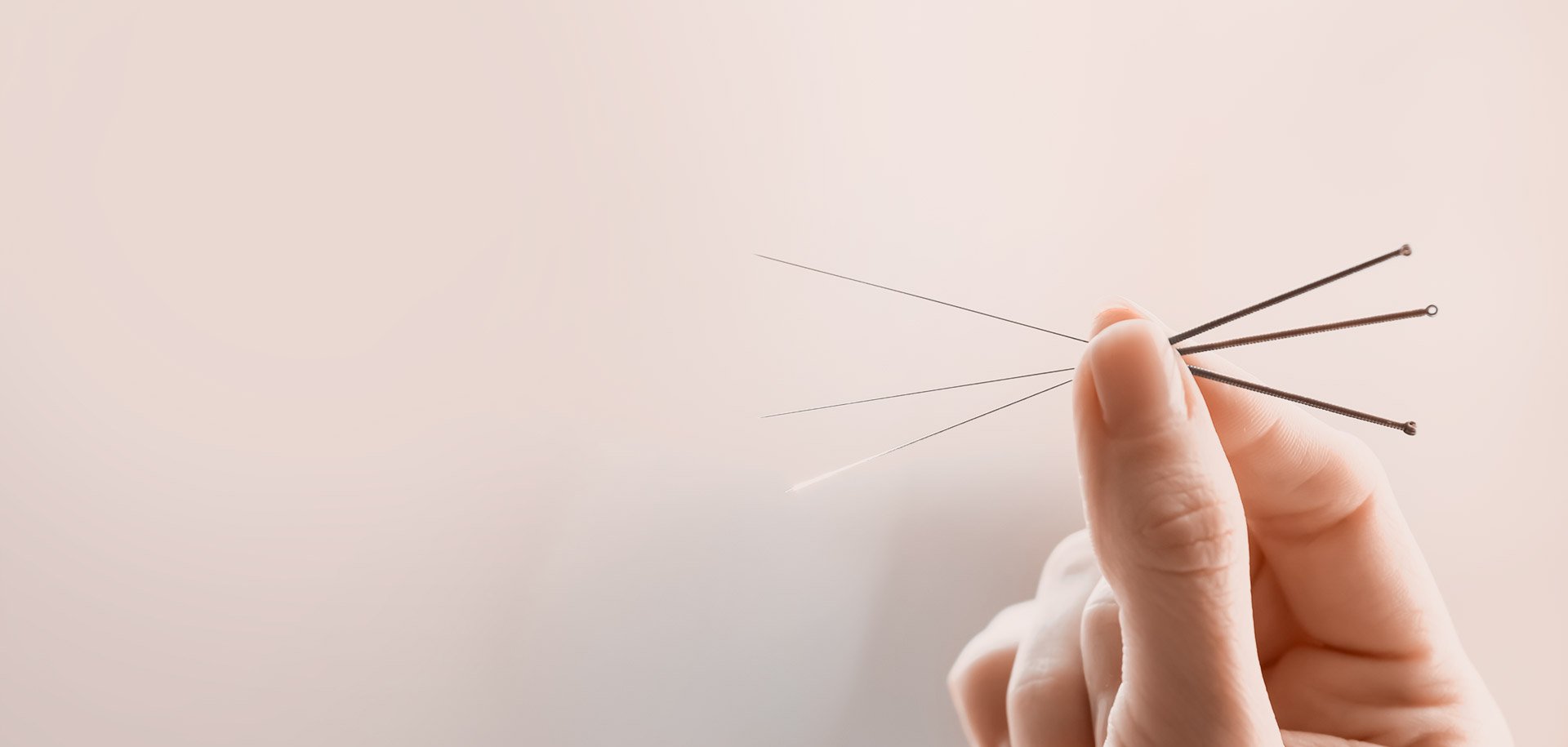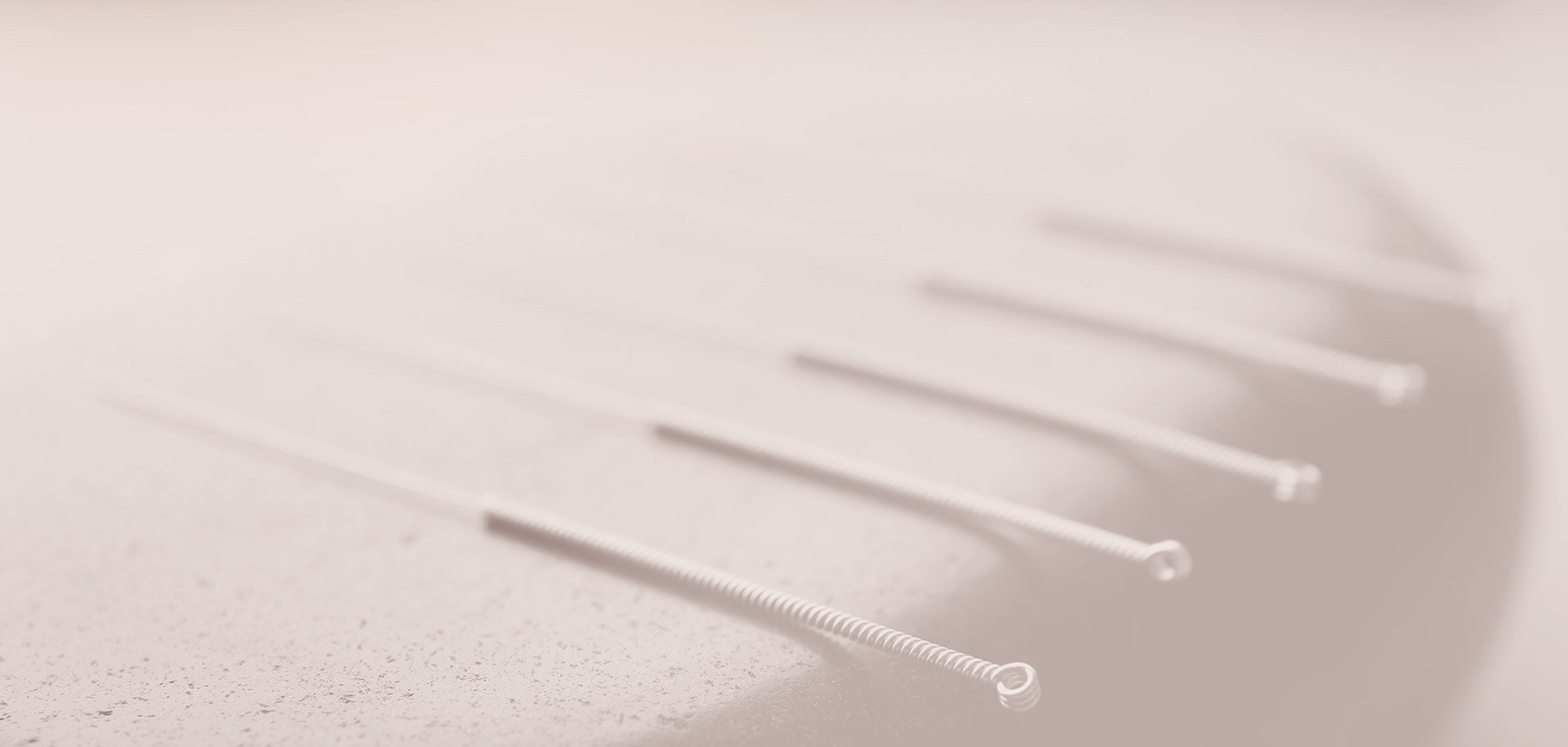Best Humidity Level for Sleeping: Optimize Your Sleep Environment Naturally
Best Humidity Level for Sleeping: Why It Matters More Than You Think
When it comes to optimizing your sleep environment, one factor that's often overlooked is air moisture. So, what is the best humidity level for sleeping? Experts suggest a relative humidity of 40% to 60% to support healthy, uninterrupted sleep.
Air that's too dry can irritate the skin, nose, and throat, making it harder to breathe at night. Conversely, overly humid air can promote mold growth and dust mites, triggering allergies and discomfort. Both extremes can cause night-time awakenings or poor-quality sleep.
In Traditional Chinese Medicine, environmental conditions like dryness or dampness can affect organ systems and disrupt sleep. Damp environments may aggravate conditions related to Spleen Qi deficiency, while dry air can deplete Lung Yin and cause coughing or dryness.
Using a humidifier or dehumidifier to maintain an ideal indoor humidity range can make a significant difference in your sleep quality. Adding essential oils such as lavender or sandalwood can also enhance relaxation.
To learn more about how your sleep environment may be affecting your rest, speak to one of our practitioners at Phases Chinese Medicine Clinic. We combine modern insights and TCM wisdom to help you achieve the best humidity level for sleeping.
Copyright © 2024 Phases Chinese Medicine Clinic - All Rights Reserved.



